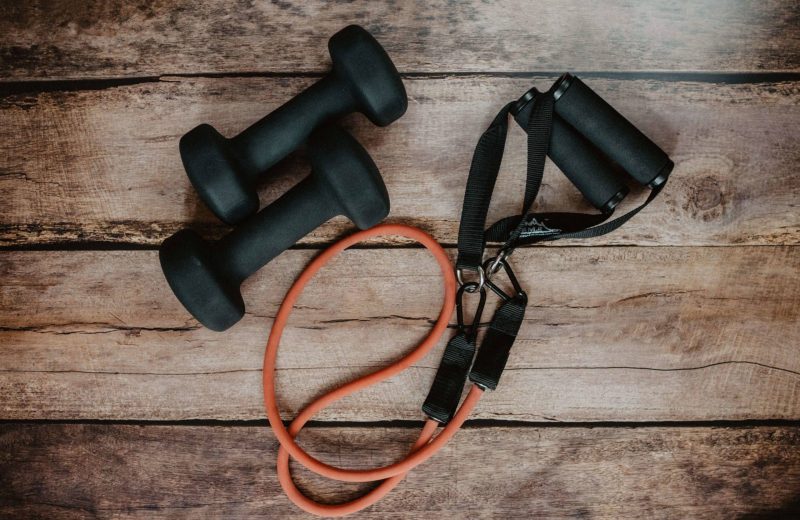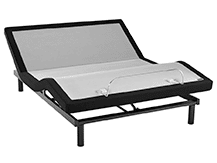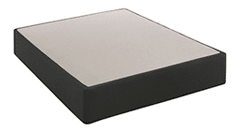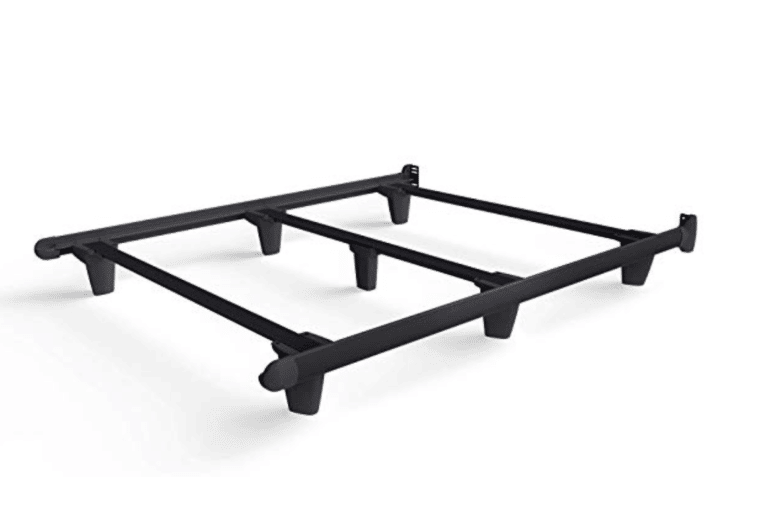
Sleep is among the most critical elements of a healthy body and life, and many functions depend on the quality of sleep the body gets. Exercise is another important function, as it influences things like cardiovascular health, muscle and bone strength, mental health, and weight.
Why does poor sleep lead to poor workouts, though, and better sleep leads to better workouts? It is because of the close connection between the body, brain, and the work each carries out.

Sleep allows the body and brain to rest and recover, which improves cognitive function during the waking hours. It also enhances bodily functions like muscle growth and metabolism. Getting high-quality sleep for seven to nine hours a night will bring improved mental and physical ability, both of which are critical to exercise performance and overall fitness.
There are dozens of contributing factors to poor sleep, including health conditions, lifestyle, and a poor sleeping environment. There are dozens of solutions to sleep problems, like a higher-quality mattress, medications, and diet and lifestyle changes. Exercise is an incredibly effective solution. This popular lifestyle change offers countless health impacts, including improved sleep. One study shows that adults will improve their sleep quality with just four days of physical activity each week. Simple low-intensity exercise, like walking, has the potential to transform sleeping patterns in just a few weeks.
Exercise’s impact on sleep will depend on the timing, duration, and intensity of a workout. Generally, though, working out expels energy, reduces stress and other mental issues, and improves things like cardiovascular health. All are important for falling and staying asleep each night.
Sleep deprivation often leads to a change in weight, typically due to an increase in fat and a decrease in muscle.
There are several factors contributing to this.
Poor sleep forces the hormones out of balance and leads to an increase in appetite. It sends the body into a “survival mode” where it stores fat in case of emergencies. Poor sleep also slows the metabolism, so the body cannot burn calories efficiently. It reduces insulin sensitivity, making it easier to gain weight, and potentially leads to diabetes. A lack of sleep also lowers cognitive ability, meaning you’re more likely to make poor food choices and engage in less physical activity.
People often attribute muscle growth to diet and exercise, but sleep is another major factor. This is because of how muscles grow and the necessary steps during this process.
Muscles repair and rebuild themselves using the body’s growth hormone, which is released during sleep. Sleep also regulates hormones like testosterone, which is crucial for muscle development.

Neurological function is another important factor in muscle growth. Connecting the mind to the muscle during workouts helps improve exercise function, which leads to muscle progression and reduces the risk of injury. The ability to focus on an exercise is a direct result of good sleep.
How much sleep is needed for muscle recovery and growth will depend on each person. Medical history, health conditions, daytime schedule, fitness levels, even age are all factors. The standard range for muscle growth and recovery, though, is seven to nine hours of sleep.
Each person should develop their own exercise routine based on your schedule and lifestyle. Those interested in using a workout as a solution to sleeping issues, though, should consider working out shortly before bed. There are many benefits to working out at the end of the day, like smaller crowds and flexibility of schedule, as well as contributing to high-quality sleep.
Working out releases endorphins, which reduce stress and enhance the mood. People often say a workout helps them unwind after a stressful day, and they can forget troubling thoughts as they drift to sleep. Sleep drastically reduces the pain associated with post-workout soreness. After a strenuous workout, sleeping will send the muscles into an immediate state of recovery. This speeds up the healing and overall muscle growth process. Exercise also helps balance the body’s heart rate and adrenaline levels, which are necessary to fall asleep quickly and stay asleep for many hours.
Exercise is a great way to promote sleep and improve overall health. Supplement workouts with good sleep habits like a nighttime routine, a consistent daily schedule, fewer stimulants (like caffeine), and a comfortable sleep environment. Invest in a high-quality, long-lasting mattress that suits your body’s needs.

The team at Mattress World Northwest wants you to get the best sleep possible, and we are here to help you get there! Stop by any of our stores or visit our website to get started.
« Buying Guide: Mattress Accessories | Do Bed Height and Mattress Height Matter? »
While you can't go wrong with any of our mattresses, here are a few factors you'll want to consider before making a purchase: your sleep position (and if you have a partner, theirs as well), the size of the space, and a price point. If you have any questions, rest easy knowing that our team is happy to help you find that perfect fit.
| Size | Dimensions |
|---|---|
| Twin | 38″ wide x 75″ long x 9.25″ tall |
| Twin XL | 38″ wide x 80″ long x 9.25″ tall |
| Full | 54″ wide x 75″ long x 9.25″ tall |
| Queen | 60″ wide x 80″ long x 9.25″ tall |
| King | 76″ wide x 80″ long x 9.25″ tall |
| Cal King | 72″ wide x 84″ long x 9.25″ tall |
| Split King (2pk) | 38″ wide x 80″ long x 9.25″ tall |
Mattress World Northwest makes it easy to choose the right foundation for your space and lifestyle.



Reliable support for your boxspring and mattress.
